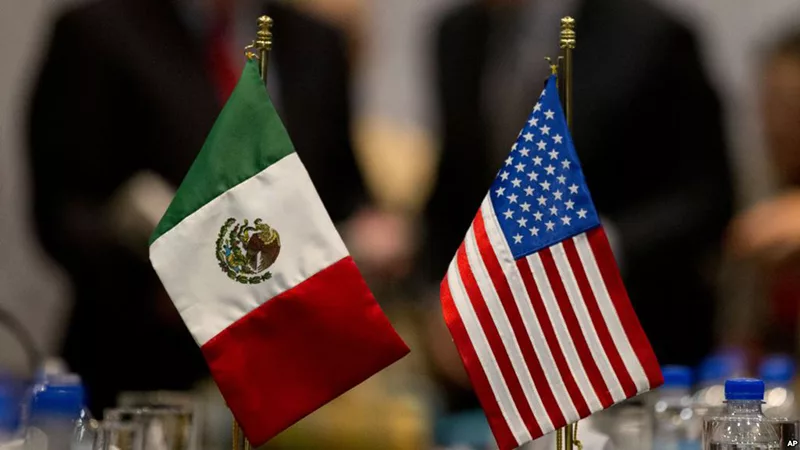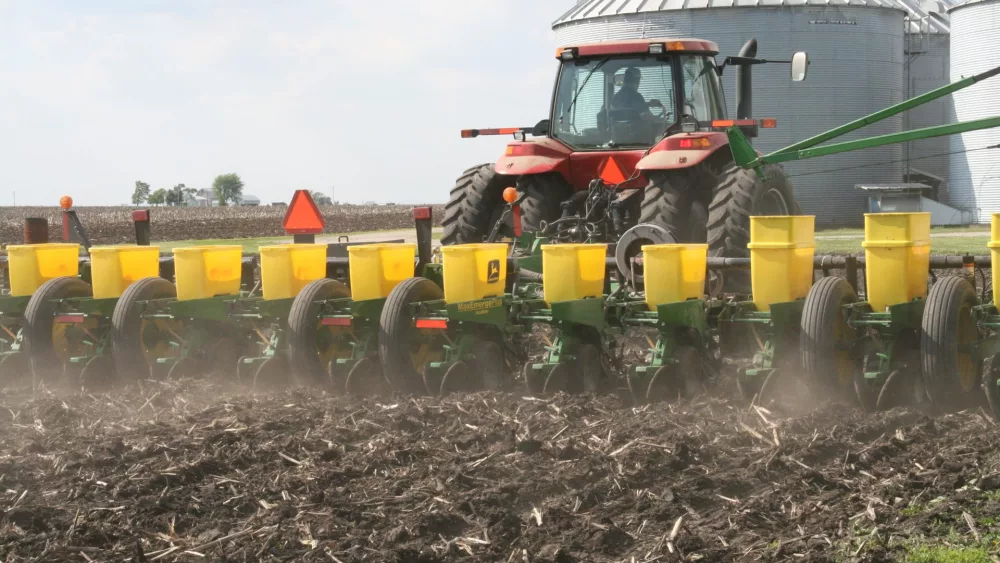As U.S. lawmakers consider ways to prevent Mexico’s seasonal produce from flooding U.S. markets, Mexican trade officials are watching. Former Chief Trade Negotiator for Mexico and current partner at AGON, Kenneth Smith Ramos says the U.S. must remember to remain within the confines of the U.S.-Mexico-Canada trade agreement (USMCA) as it looks at ways to protect domestic producers.
“The discussion in the USMCA around seasonality was a difficult one because, from the Mexican perspective, we are convinced that the gains that Mexican fruit and vegetable exporters have made in the U.S. market over the years have been based on investments that they have made in developing new varieties,” he said. “What we see in Mexico is that because of the success that tomatoes, avocados, berries, and many other products have had in the U.S., there’s the push in the United States to try to shut down that access. But if it’s done in a way that’s violating USMCA rules or WTO rules, then eventually this is going to lead to major litigation.”
Smith Ramos was Mexico’s lead negotiator for the USMCA as well as the NAFTA agreement it replaced. He says the protections within the USMCA are important to consumers as well as producers.
“At the end of the day, these types of disputes will hurt the consumer. One of the big advantages of the USMCA is that you in the United States have large areas of land with good irrigation that allow you to produce grains, oil seeds, and meat products, and those go into Mexico at a competitive price and vice versa,” he said. “Mexico is able to grow vegetables and fruits all year long and it satisfies the needs, especially in the northern states, throughout the entire year. So, there are great benefits to consumers of having free trade.”
In an earlier interview, Congresswoman Kat Cammack (R-FL) expressed concern over a lack of protection for U.S. produce growers. She used the example of tomatoes, which have had a suspension agreement limiting some tomatoes from Mexico since about four years after NAFTA was put into effect due to the rapid decline of U.S. tomato production caused by the influx of tomatoes from Mexico.
“It started under NAFTA, where there wasn’t the acknowledgment that our producers, particularly tomatoes, would be hit hardest under NAFTA. As a result of years of hard work, there was a tomato suspension agreement that was put into place which was designed to protect our domestic tomato farmers. What we have seen, though, is a lack of enforcement,” she said.
The tomato suspension agreement was created in 1996 to keep Mexican tomatoes from flooding the U.S. market. Cammack said it is a vivid example of how the nation’s seasonal and perishable crop producers need more protection in trade agreements.
However, Smith Ramos points out the perspective of Mexico.
“The problem is that there was an attempt in the negotiation and now we know that there are legislative initiatives out there, to change the rules of how you measure these issues on seasonality, to assess whether there is dumping or injury to domestic producers. But they’re trying to do it in a way that is not acceptable vis-à-vis the trade rules that exist today, either in the USMCA or at the World Trade Organization,” he said. “So, Mexico rejected those because essentially what it will do is give a blank check to producers in the US that claim very easily that there are unfair trading practices when in fact there aren’t.”
Smith Ramos said the trade agreement itself outlines how to handle such disputes.
“There are rules established in the trade agreements that say in case there are unfair trade practices, you can call for investigations in the imposition of duties,” Smith Ramos said. “But these have to be done within the rules. You can’t just change the rules in order to use them as protectionist measures.”





